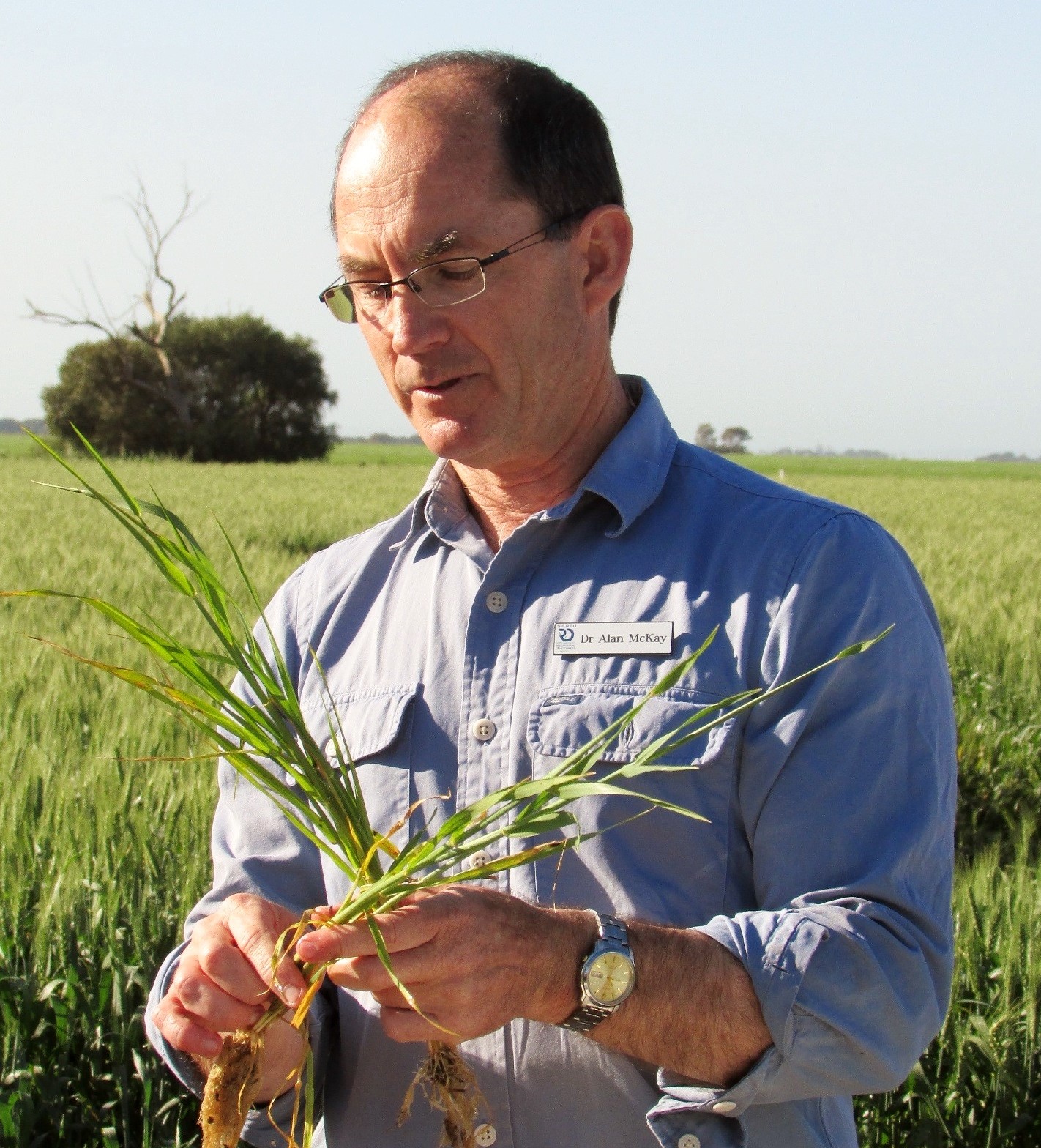
 EXPORT FODDER / Monday, 8 February 2021
EXPORT FODDER / Monday, 8 February 2021
DNA testing for mycotoxin producing fungi in fodder

Dr Alan McKay, Principal Scientist, South Australian Research and Development Institute spoke with our friends at the Australia Fodder Industry Association to talk about his new project, funded by the AgriFutures Export Fodder Program, DNA testing for mycotoxin producing fungi in fodder.
This Q&A was first published in Focus on Fodder Summer 2021.
What are mycotoxins and what threat do those pose to fodder exports?
Mycotoxins are toxic chemicals produced by a broad range of both saprophytic (mould) and plant pathogenic fungi. They affect many crop productions including cereals.
There are a number of mycotoxins that could potentially pose a risk including aflatoxins, fumonisins, ochratoxin, trichothecenes and zearalenone.
As global customers for Australian agricultural products increase their focus on health and wellbeing, there’s an increased need to better manage the potential presence of mycotoxins in export fodder.
How are mycotoxins detected now?
Mycotoxins are currently mainly detected using LC-MS (liquid chromatography–mass spectrometry).
How will DNA tests improve the testing of fodder mycotoxins?
The LC-MS method to detect mycotoxin is expensive. The DNA tests will be designed to detect the fungi that can produce the targeted mycotoxins. DNA tests are suitable for high throughput and will be useful for conducting surveys and testing field research trials to evaluate management strategies, and potentially as the basis for a grower testing service if needed.
Ultimately, we expect the DNA tests to enable at risk hay to be identified before mycotoxin production has occurred. This will create a grower option of considering in-crop control of the specific fungi prior to the production of the relevant mycotoxin.
Can you please step through how the tests could work? Who would conduct the tests? Would all fodder be tested?
We expect the tests will be used to assess the milled hay samples that the hay processors produce to measure quality and have the capacity to conduct industry wide surveys. SARDI will DNA test the samples using the same facilities developed to test soil and grain samples.
For more on this project and the Export Fodder Program visit agrifutures.com.au/export-fodder
Latest News
-
Novel analysis unveils complex composition of tea tree oil TEA TREE OIL / 08.02.21
TEA TREE OIL / 08.02.21 -
‘George the Farmer’ founder Simone Kain talks Bluey, staying motivated and what she’s doing now WORKFORCE AND LEADERSHIP / 08.02.21
WORKFORCE AND LEADERSHIP / 08.02.21 -
A superfood renaissance down under: AgriFutures Australia announces new research plan for the quinoa industry EMERGING INDUSTRIES / 08.02.21
EMERGING INDUSTRIES / 08.02.21 -
Belle Binder wins Tasmanian AgriFutures Rural Women’s Award WORKFORCE AND LEADERSHIP / 08.02.21
WORKFORCE AND LEADERSHIP / 08.02.21






